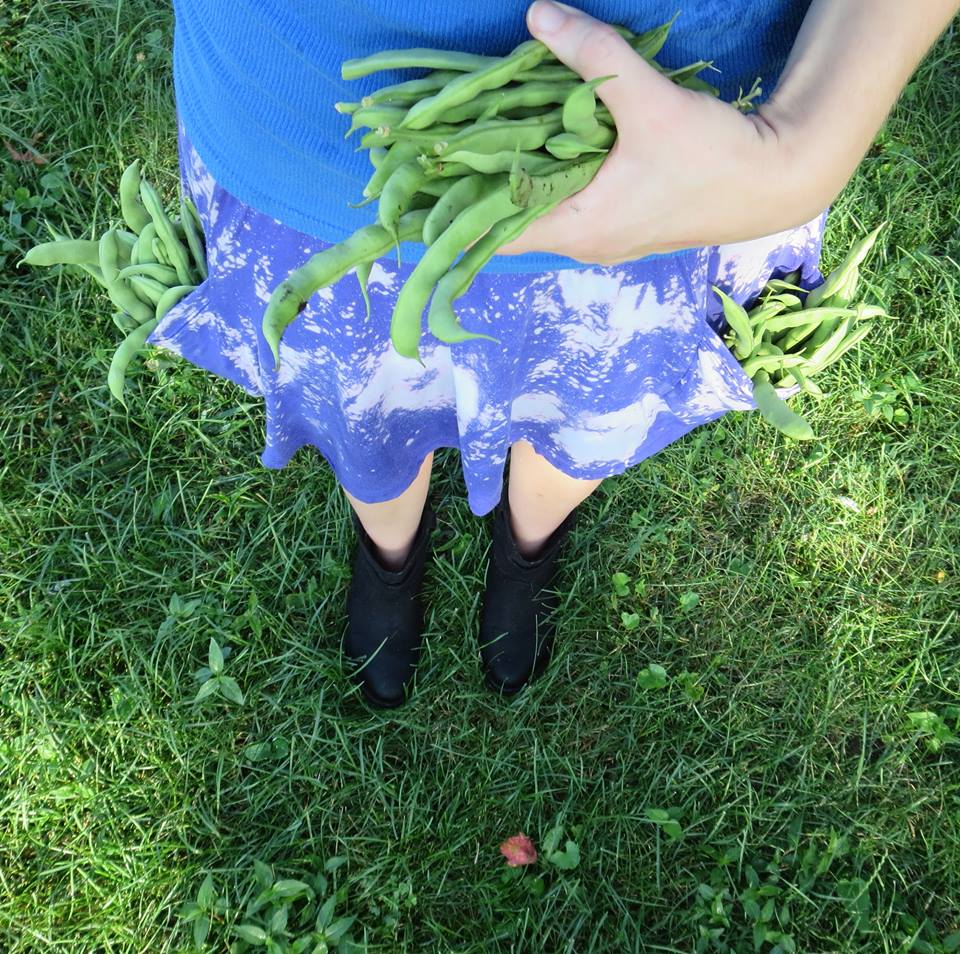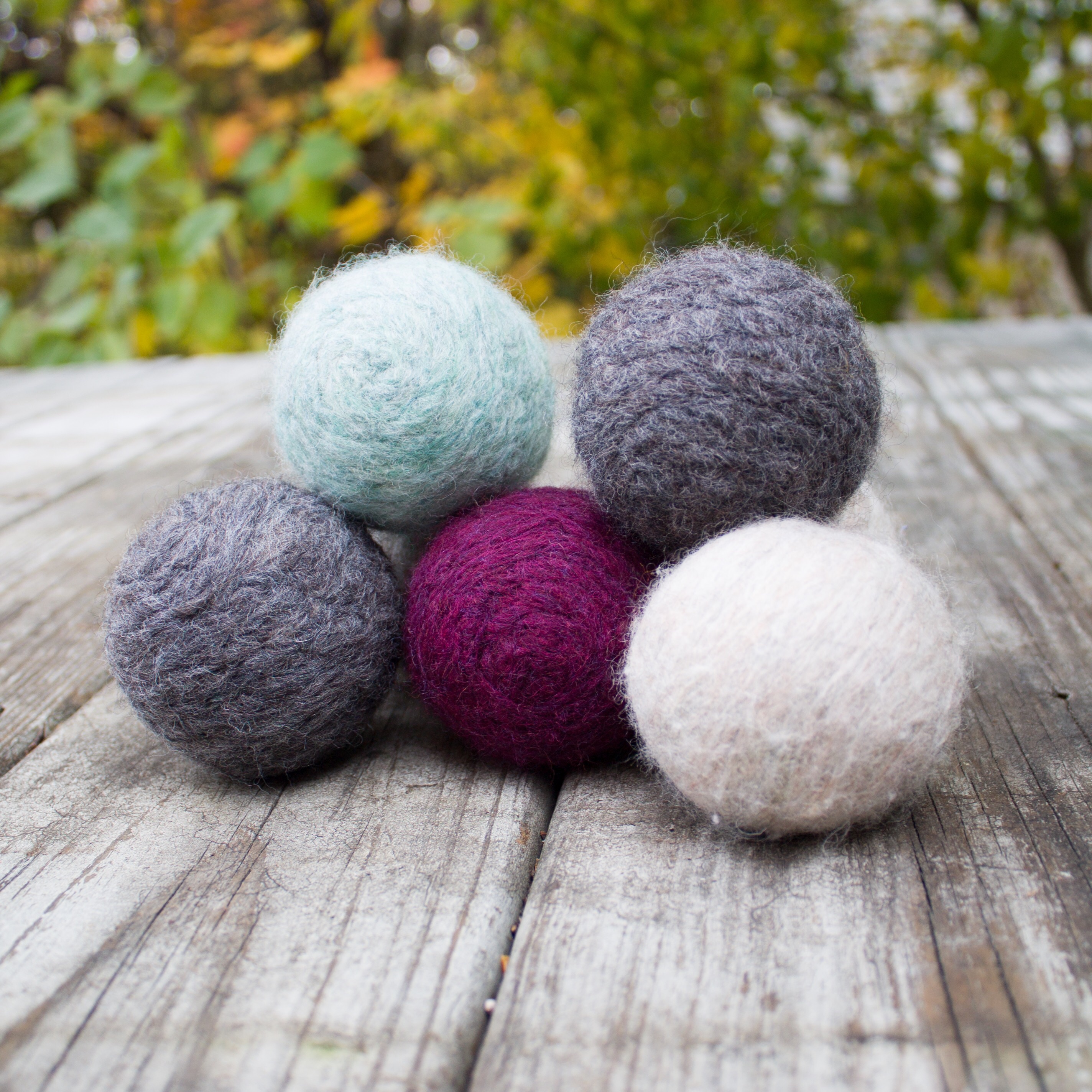I get asked a lot about our efforts to live a more eco-lifestyle. Being on a budget it makes it surprisingly more difficult to live an eco-friedly lifestyle for many but each day I find new eco alternatives for daily staples like soap and shampoo, dish soap and even coffee, here in WNC - which is luckily a very earth friendly, sustainably minded place! We are always trying to find ways to reduce our impact on the Earth with our consumption & every day habits, plus opting for ecofriendly alternatives to hobbies.
For all of you who want to start making easy changes with your children & want to teach them how to protect Mother Nature but aren't sure where to start, here is a list of ten ideas for some easy habits to eco things to do even on the tightest budget that are good for you, your bills, the Earth & your family. Some I've blogged about before, but they are worth reiterating here.
Together we can be like a superhero team all saving the world together all at the same time, which would be pretty rad!
 1. Grow a garden!
1. Grow a garden!
Not only is it great family time together outside building beds, prepping pots, planting seedlings, weeding, picking and preparing, it teaches your children about earth sciences, compassion for nature & how fun mud and bugs are!
No matter the space you have, you can save a lot of money growing your own food - even if it's just a staple item in your house in a pot on your porch, like a few pepper plants or beans if you use them a lot. Before I moved back to NC, we had a vegetable garden each year with some staples like cucumbers, squash, zucchini, peppers, eggplant, tomatoes, beans, and peas. We also had blackberry bushes & blueberry bushes. Now that we rent and can't totally invest in a full size garden, we have a small bed with cucumbers and green beans, and also volunteer at my mom's house helping in her garden, which has potatoes, onions, peppers, corn, beans, tomatoes, cucumbers, squash, zucchini, grapes, blueberries & a few other staples. My sister in law also grows a huge garden, plus has pear & apple trees - come crops, we will all work together and swap food, meaning an entire fall & winter's worth of stock piled dried fruits, canned apple sauce and vegetables, veggie soups, frozen veggies to add to dishes, jams, jellies and canned fruits - all just for the cost of weeding once a week!
2. Clean up your 'hood
Take a (biodegradable) trash bag and go for a hike through your local trails, a park or the woods to pick up litter so existing vegetation can thrive. Make sure to put on some bug spray & wear (reusable) rubber gloves! Use two bags - one for trash, for one recyclables, and use this unplugged family time to teach your children about the importance of recycling & protecting water ways and natural habitats.
3. Secondhand doesn't mean second best
Shop from thrift stores & consignment shops whenever possible - not only do you save loads of money (I recently got a $90 skirt & $45 jacket for $1.89 total!) but you also prevent air pollution, energy use & landfill waste from the creation of new products when you purchase gently used items. It also keeps money directly in your community instead of funding international trade for cheap clothing & home goods, which creates a ton of emissions and consumes lots of fuel. By shopping locally at community thrift stores you are directly supporting people who live in your city while having an positive impact on the environment, while saving a boat load of money. Doesn't that make you feel all warm & fuzzy inside?!
4.Utilize public transportation
If possible, let your kid ride the bus to and from school rather than driving them. This reduces a ton of exhaust pollution from the commute and idling in the pick up and drop off lane. If you can, arrange to have them carpool to after-school activities with friends or volunteer to be the carpool driver! If you live close enough to school, the park, a store, or any place you frequent, walk or ride your bikes whenever possible for some unplugged, active family fun!
5. Unplug
Reduce the electricity you use & encourage your kids to do the same! Turn off your heat/air and open the windows on days when the temperature allows. Open the curtains rather than turning on lights. Unplug things that are not in use - this alone can account for up to 40% of your electric consumption! Turn off your computer & unplug it when you aren't using it. Instead of drying bedding in the dryer, line-dry laundry, especially heavy linens. This will greatly reduce energy consumption plus give your linens that sunshine fresh scent.

6. Buy package free products if you can
If you can't find most of your household staples without packaging, reuse or recycle whenever possible - paper, plastic, glass bottles, cardboard, and aluminum cans. This conserves energy and reduces air pollution & electricity consumption from production. Before you recycle something, make sure you can't reuse it first. Don't spend money on mason jars when glass jars from pasta sauces & pickles are perfect for drinking glasses at parties or simple vases, pen holders or containers in the bathroom to hold cotton balls, tooth brushes & other items. Hit up Pinterest for tons of great idea for upcycling & repurposing items. If you can't reuse something, see if you can compost it. Most paper & cardboard (even toilet paper & paper towel rolls) can be composted. Even paper towels that have been used to clean up water can be composted! If you can't reuse or compost packing, recycle it.
7. Also, on composting...
Did you know that 20% of human produced methane that damages the ozone layer comes from food in landfills? This shocking number is hard evidence of why every home should compost! All raw vegetable & fruit waste can be composted, along with coffee grounds, grass clippings & leaves that typically end up on the curb for trash pick up. So skip the "all-natural" plant food and go for the truly all natural plant food. Leaves can be used as mulch around your garden & plants year round, too, providing nature-intended nutrients for plants that eliminates the need for chemically saturated fertilizers, so it's a double whammy of Earth saving goodness and saves you money because then you don't have to buy mulch! Yay! There are so many good resources for composting out there. It's so easy to get started, it greatly reduces landfill waste & has a huge impact on the environment. Give it a Google & see how you can get started! Kids will have fun watching the process of foods decompose & learning how bugs, worms and mold help break down the organic matter.
8. Purge.
Make it fun and reward the kids with one new item or special event (like a trip to the movies) for purging unused toys, clothes, games. Get rid of (donate, sell or give to a friend) anything you absolutely don't need or use. Since we are living in very tight quarters, I purged more than half of mine and my son's clothes & all but a few linens - now everything has a purpose, plus less laundry to do means less water and electricity used! Fewer toys in my son's room means more space to play with things he kept, like Legos and Nerf guns.

9. Use all-natural cleaners
Apple cider vinegar is an amazingly versatile cleaner and at less than $3 a gallon, is a super cheap alternative to expensive, chemical laden laundry soaps, floor cleaners, surface wipes and more. We use it for laundry and our floors! Stop using dryer sheets full of harmful chemicals - Nerd Felt makes reusable dryer balls that soften your laundry for hundreds of loads. Infuse them with essential oils to add a lovely scent to your laundry!
10. Build a backyard haven.
A small investment up front for major savings and fun in the long run! Get a trampoline, swing set, pool, whatever tickles your pickles and fits your budget. Don't forget to check FreeCycle and CraigsList for items before heading to the big box stores! Build a fire pit and pull up seating for relaxing evening fun. Spring through Autumn (or even in the winter, snuggled under blankets with cocoa while it snows around you!). Create a space that's just as fun as the local park, and invite friends over! You'll save a ton of money not going out, your kids will want to spend more time outside, and it's about time we return to a life of having neighbors over for coffee on the porch or beers by the fire. Building a home filled with functional spaces you love & inviting others to enjoy it with you is a great way to build community, foster friendships and have free, ecofriendly fun!
These are just a few of the ways I try to live a more sustainable, ecofriendly lifestyle while on a super tight budget. Do you have any eco-budgeting tips for home life, activities, or shopping? Please share them in the comments!
